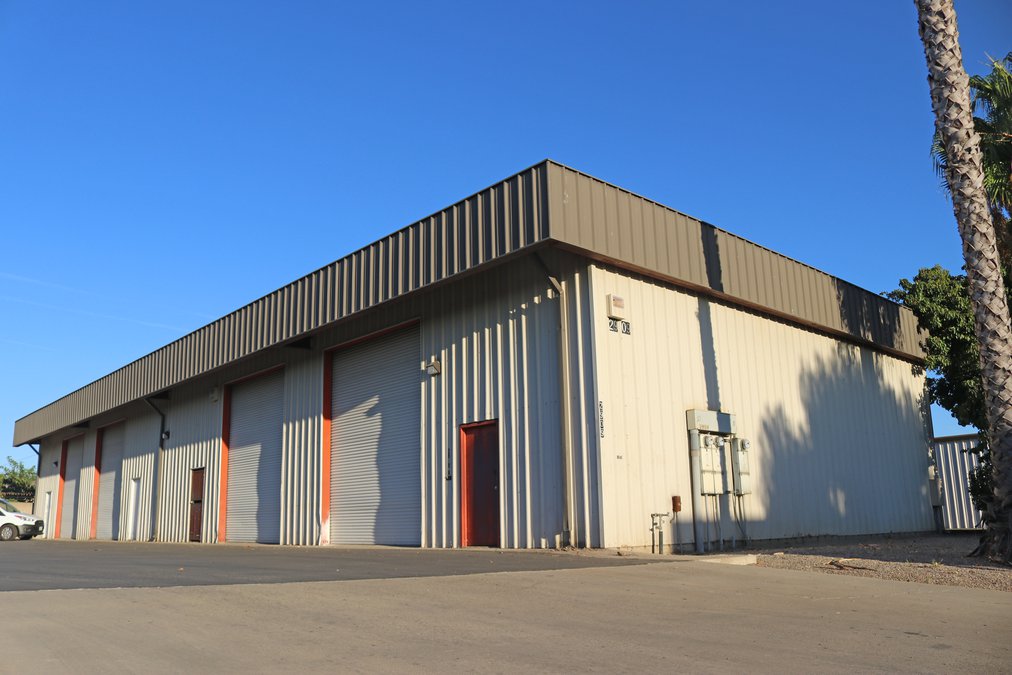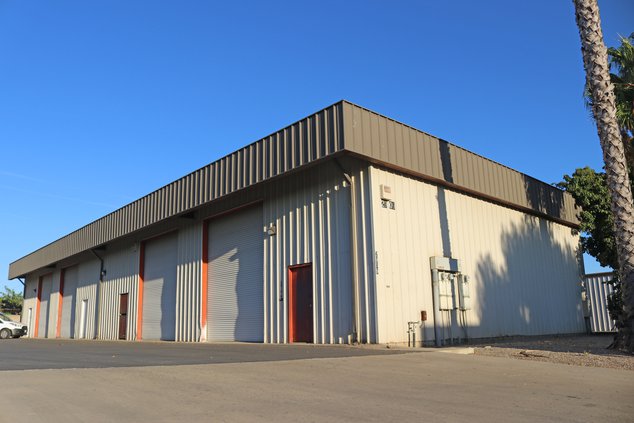The Ceres City Council voted 3-1 to approve a Conditional Use Permit (CUP) and development agreement to allow for a laboratory operation for the testing of cannabis products at 2909 McKittrick Court.
Last month the Ceres Planning Commission found itself locked in a 2-2 split vote – the equivalent to a procedural denial – over the matter.
Unlike the three existing cannabis-related businesses which deal in large quantity of products, the testing facility proposed by Tri Valley Labs, Inc., would deal in only limited quantity of cannabis products produced locally and from all over the region. Cannabis is routinely tested for potency and safety.
Hiram Cueto of Ceres first came before the council in 2017 urging the city to allow him to operate a marijuana testing facility. Cueto, a local chemist, owns an existing environmental testing laboratory, Tri Valley Labs, Inc. Cueto found a location for a new laboratory operation within an existing 4,999 square foot building at 2909 McKittrick Court.
The project involves remodeling the building façade by removing all roll-up doors and installing windows and glass doors; building 12 offices/work areas; and installing of a network and security system to deter any crime.
Tri Valley would be the first laboratory operation for cannabis testing services in Ceres. He said that with just 28 testing labs in California, his would help assist with the delivery of safe cannabis products to the public.
The applicant also plans to operate the laboratory six days per week; from 9 a.m. to 6 p.m. weekdays and 10 a.m. to 2 p.m. on Saturdays. The project parking area will feature 10 parking spaces with one access point into the site off of McKittrick Court where customers and employees will enter and exit the business.
The developer agreement calling for Tri Valley to pay a monthly fee of $2,000 or 3 percent of gross receipts for the first year; $4,000 or 4 percent of gross receipts each month, whichever is greater; and $5,000 or 5 percent of gross receipts per month, whichever is greater.
Councilman Channce Condit expressed support for the facility but wanted to stipulate that “a portion” of revenue would go to public safety. It was explained that the revenue would go into the city’s General Fund where 79 percent is spent on police and fire. Condit’s stuck to his guns in include earmarks in his motion, Councilman Mike Kline said it’s already allocated out to public safety and it died for lack of a second. When Councilman Bret Durossette made a simple motion to approve the project and developer agreement, Condit cast the lone no vote.
Mayor Chris Vierra was absent.
Ceres resident Dave Stiles of Stiles Custom Metal two doors away from the future lab site protested adding businesses advancing marijuana.
Shirley Rogers defended the lab, saying she has taken CBD for five years after a fight with breast cancer.
Shawna Moore, who works at a cannabis dispensary in Ceres, said the lack of testing facilities has caused some products – such as those who help patients with Parkinson’s Disease – to not be available.
“I see people on a daily basis that have gone from walking zombies – like myself 20 years on Fentanyl, eight Vicadin, three Soma, three Xanax, eight ibuprofen a day … to standing and walking,” said Moore. “I even work after 25 years of not working.”
Stiles returned to the dais to suggest the council and city staff “have all bought into the Kool-Aid.
“You’re participating in the distribution process for marijuana,” said Stiles. “I think it’s a destructive product for most of us and I think it’s not good for Ceres and for the society in general to have this destructive product – for most of us – be cheaper and more accessible.”
Cueto said his business should be seen as neutral and only purposed to ensure product safety. He also stated that his lab will be secure with gates and buzzers.
Through developer agreements, Ceres has two cannabis dispensaries and one manufacturing lab. Kase Manufacturing, located at 4111 Brew Master Drive, could potentially use the testing facility in Ceres.
California voters approved Proposition 215 in 1996 to allow medicinal marijuana use. In 2015 Gov. Jerry Brown signed into law a statewide regulatory and licensing structure governing the cultivation, processing, transporting, testing, and distribution of medical marijuana to qualified patients and their primary caregivers. State law preserved local control of medical marijuana by requiring that any medical marijuana business have a local permit, in addition to a state license, in order to operate.
Voters in 2016 approved Proposition 64 – Adult Use of Marijuana Act (“AUMA”) – despite cannabis still being against federal law.





